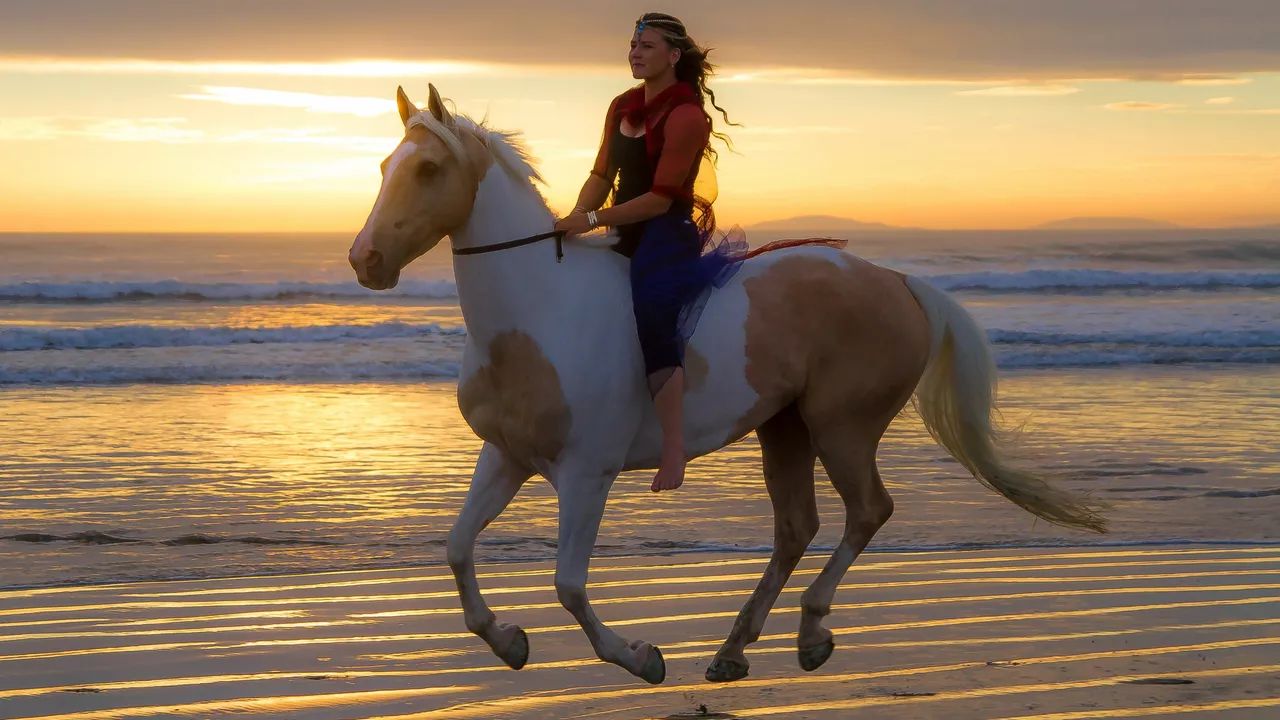Horse Health: Simple Tips for a Happy, Strong Pony
If you love your horse, you want it to feel good every day. The good news is that keeping a pony healthy isn’t rocket science – it’s about a few everyday habits done right. Below are the basics you can start using right now.
Nutrition Essentials
Food is the foundation of health. Start with clean, fresh water – a thirsty horse can’t digest anything properly. Offer water at least twice a day and make sure the bucket isn’t dirty.
For feed, think quality over quantity. Good‑quality hay should make up most of the diet because it supplies fiber that keeps the gut moving. Look for hay that is green, smells sweet, and has no mold. If you’re feeding grain, keep it low – only what’s needed for work or growth. Too much grain can cause colic or laminitis.
Don’t forget a balanced vitamin and mineral supplement. Most horses need extra salt, especially if they sweat a lot during riding or work. A simple salt block or loose salt mixed into the feed is enough.
Everyday Care Routine
Grooming is more than a beauty routine; it’s a health check. While you brush off dirt, run your hands along the back, legs, and belly. Feel for hot spots, swelling, or rough patches. Those little changes can signal a problem before it gets serious.
Clean hooves every day with a hoof pick. Loose stones or debris can cause bruises that lead to lameness. If you notice cracks or a change in shape, call a farrier right away.
Exercise keeps muscles strong and joints lubricated. Even a light walk in the arena for 20‑30 minutes is better than no work at all. Mix in some hill work or trot work a couple of times a week to build stamina.
Vaccinations and deworming are the backbone of preventive care. Talk to your vet about a yearly vaccine plan – most horses need shots for tetanus, rabies, and equine influenza. Deworming should be done twice a year, but a fecal test can tell you exactly which parasites are present.
Watch for signs of illness. A fever, loss of appetite, or sudden weight loss are red flags. Also keep an eye on the horse’s eyes and nose; discharge can hint at infection. If anything looks off, call your vet early – early treatment is always easier.
Dental health matters too. Teeth grow continuously, and uneven wear can cause pain while eating. Schedule a dental check‑up at least once a year.
Finally, give your pony some social time. Horses are herd animals; they thrive on companionship. A happy horse is less likely to develop stress‑related problems.
By focusing on solid feed, regular grooming, proper exercise, and routine vet visits, you’re giving your pony the best chance at a long, healthy life. Start with one or two of these steps today and watch the difference it makes. Your horse will thank you with a brighter eye and a willing stride.

As a horse lover and a part-time cowboy, I've often pondered the same question, "Does it hurt a horse to have someone ride him?" Well, saddle up, folks, for the answer is as bouncy as a wild bronco! Generally, horses are built to carry weight and, with proper training and equipment, they can happily trot around with a human on their back. But remember, a horse isn't a 4x4 vehicle! Overloading them or using ill-fitting tack can cause discomfort or even pain. So, just like you wouldn't want to wear shoes two sizes too small, make sure your horse's saddle is a perfect fit!
Read more
